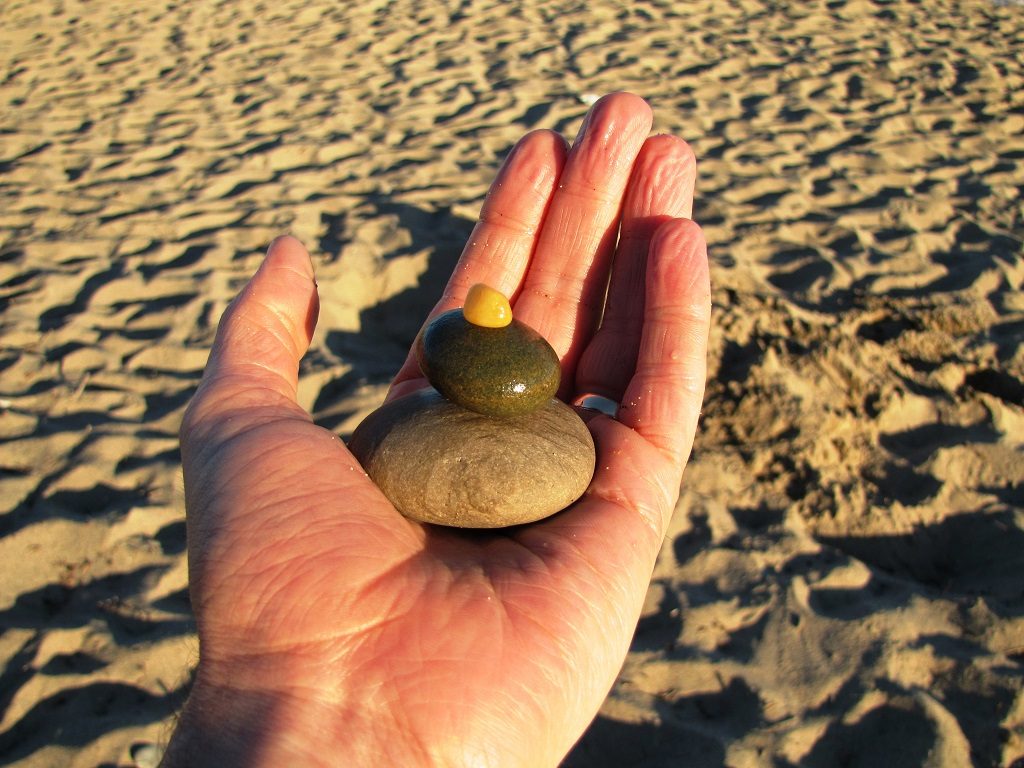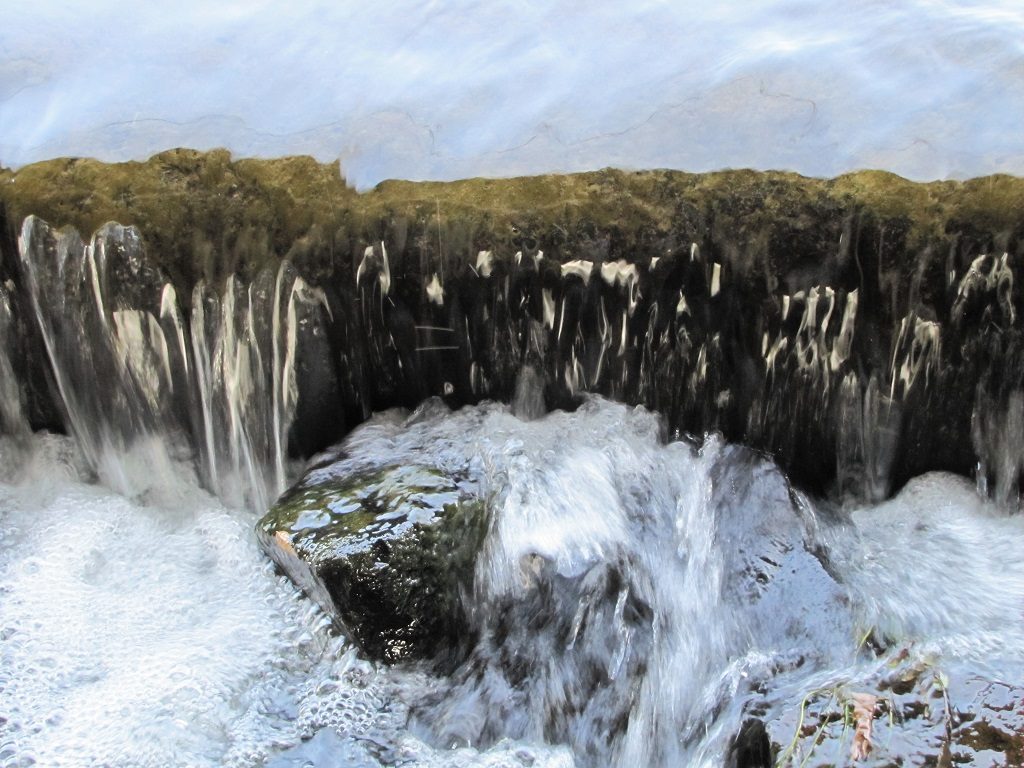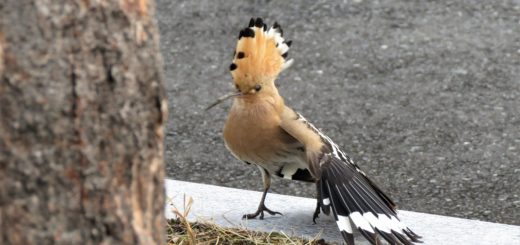As I Lay Living, Part Three: Twenty Piddling Little Fountains

(If you have not done so, please read Part One and Part Two.)
I concluded Part Two of this series with the challenge, directed at all my students, real and hypothetical: “Why are you living a life you don’t want?” In a sense, the answer is obvious: Because they don’t know what life they want. In fact, I believe the problem is even more basic: They don’t know what wanting a life would mean.
Today, we want things, rewards, gratifications of all sorts; but there is no unifying theme or principle to organize these transient objects of desire into a single, continuous whole. Without such a unifying principle, however, life is nothing but a series of more or less disparate gropings after this and that, a kind of random pointillism, in which one hopes that, upon stepping back from the thousands of discrete points, one will see a coherent picture — an extremely unlikely outcome, given that life, as I explained in Part Two, is essentially a continuous circle, whereas this pointillist way of living, by definition, lacks continuity. In other words, far from being the simple and unbroken path that constitutes a life in the fullest (perhaps impossible) sense, the series of “goals” without unity is in effect precisely the opposite: an existence comprised of nothing but the distractions which, as I have explained, are the great obstacle to the continuity exemplified by Aristotle’s heavenly spheres in their perpetual pursuit of the unmoved movers.
But where might such a unifying principle be found in earthly life? Exactly where it is found in heavenly life.
The other day, a student with whom I was discussing the significance of the Savage Reservation in Brave New World, namely as the exemplar of human nature stripped of all “progress,” the starkest contrast with Huxley’s dystopian vision of scientific-consumerist dehumanization, asked me, “What’s the difference between animal nature and human nature?”
The stock answer to that question is “humans have reason.” Not only does that answer strike me as too abstract, but it might almost be susceptible to the charge of superficiality. For human rationality, understood seriously, and not as today’s materialist reductionists see it, is not a bodily organ or a passive information-filtering system — which is why all the talk of computer intelligence is inherently nonsensical. Reasoning is a spiritual development, which means it has a motive in the soul. This motive, then, may properly be the basic difference between animal nature and human nature.
When an animal reaches puberty, that is the end of its maturation process. It will not develop significantly after that, will not learn anything essential beyond that point; which is why the magpies and lions of today live the same lives as the magpies and lions of two thousand years ago. They have acquired no new understanding, and developed no new skills or forms of communication to pass down through the generations. The moment they are sexually mature in the physical sense is the moment their learning is effectively complete. The animal’s life purpose, then, is achieved when it is capable of reproducing successfully. That is adulthood for the animal — the ability to perpetuate its species.
For humans, on the other hand, puberty is not the end of development — it is actually the beginning of development, by which I mean it is the start of our growth beyond animal nature into properly human nature. The ability to reproduce, and especially the desire for the act of reproduction, is only the first step in adult development. Then it is the much more important and delicate task of education to guide the soul into higher realms, by means of containing, contextualizing, and broadening the powerful new urges, either ennobling desire with the limiting norms and structures that produce family and community, or elevating it into our more purely spiritual expressions — beautiful language, art, religion, philosophy.
This, in outline, is how the desire for reproductive activity, which defines the base of animal nature, is transformed into eros, the longing for eternity, which directs us to the peak of human nature, and brings unity of purpose to life. Two key elements of this process, which is the essence of genuine education, are: delayed gratification, i.e., the painful prolongation of the period between desire and satisfaction, which transforms the simple urge for pleasure into passion and longing; and the gradual broadening of the scope of the desire to encompass so much more than the promise of transitory and repetitive release (the thousand short walks that arrive nowhere), but rather to offer a glimpse of our completion — the everlasting circle of the True, the Good, and the Beautiful.
All the accomplishments that distinguish humanity as the species that develops beyond the requirements of material self-propagation — the species that becomes spiritual — are dependent on this period of learning that begins at just the point where the other animals have completed their substantial growth. But none of this occurs automatically. It is natural to us, but because its achievement requires not only sufficient time but also suitable conditions, it can be thwarted or bastardized by unnatural manipulations.
And if you wanted to corrupt that educational process of converting mere sexual desire into longing — the itch for gratification into the quest for being — it would not actually be difficult to do, in theory. You would simply encourage young people, at the moment when they were full of powerful new
That is the process of turning the spiritual world outlined in Plato’s Symposium into the smooth-running mechanism of passionless moving parts that Huxley accurately predicted in Brave New World. That is our world.
In The Closing of the American Mind, Allan Bloom, addressing the value of a classical education in the growth of a soul, in opposition to today’s academic emaciation, makes the following observation:
The easy sex of teenagers snips the golden thread linking eros to education. And popularized Freud finishes it for good by putting the seal of science on an unerotic understanding of sex. A youngster whose sexual longings consciously or unconsciously inform his studies has a very different set of experiences from one in whom such motives are not active. A trip to Florence or to Athens is one thing for a young man who hopes to meet his Beatrice on the Ponta Santa Trinità or his Socrates in the Agora, and quite another for one who goes without such aching need. The latter is only a tourist, the former is looking for completion.
— Bloom, Closing of the American Mind, 1987, p. 134
That is really the sum of this story. A world in which the ladder to the soul’s hidden mysteries is cut down with the axe of easy and purposeless gratification is a world of blind tourists, people looking at “the sights” but seeing nothing at all, because they do not understand that the value of a journey is determined not by the destination, but by the motivation of the traveler.
Today, Beatrice, the ineffable beloved who can inspire the poetic soul to a world of ideals and intimations of eternity, is as foreign to the antiseptic and emotionally disengaged sexual casualness of our young as is the anger of Achilles to the catatonic absorption of a smartphone-addicted teenager. And Socrates, the archetypal figure of Western civilization — the shoeless, poor, homely gadfly with his unpoetic language and unanswerable questions, who could nevertheless reduce even the wayward and hubristic young Alcibiades to tears of love and
In the absence of such standards, we are left in the condition described by Huxley’s World Controller, Mustapha Mond, explaining to a group of students the World State’s process of stunting spiritual development through the institutionalized
“Think of water under pressure in a pipe.” They thought of it. “I pierce it once,” said the Controller. “What a jet!”
He pierced it twenty times. There were twenty piddling little fountains.
And later in the same chapter, this:
Impulse arrested spills over, and the flood is feeling, the flood is passion, the flood is even madness: it depends on the force of the current, the height and strength of the barrier. The unchecked stream flows smoothly down its appointed channels into a calm well-being…. Feeling lurks in that interval of time between desire and its consummation. Shorten that interval, break down all those old unnecessary barriers.
“Fortunate boys!” said the Controller. “No pains have been spared to make your lives emotionally easy — to preserve you, so far as that is possible, from having emotions at all.”
— Aldous Huxley, Brave New World, 1932, Ch. 3
We are the age of “twenty piddling little fountains,” or what I have called the thousand short walks to nowhere. An un-life of straight little lines beginning and ending, beginning and ending, ad infinitum — the sad, meaningless antithesis of the circle without beginning or end.



